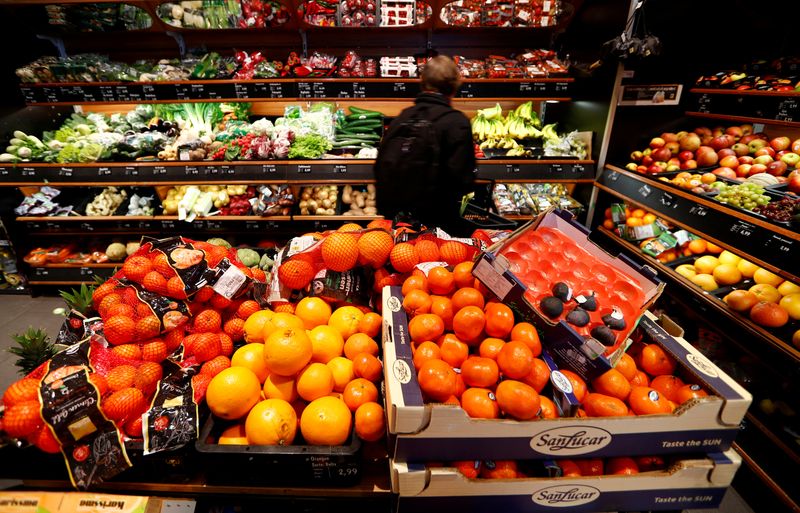By Zuzanna Szymanska and Miranda Murray
BERLIN -German annual inflation rose to its highest level in more than 40 years in March as prices of natural gas and oil products soared following Russia’s invasion of Ukraine, preliminary data showed on Wednesday.
Consumer prices, harmonised to make them comparable with inflation data from other European Union countries (HICP), rose 7.6% on the year, a steep increase from 5.5% in February, the Federal Statistics Office said.
The national consumer price index (CPI) rose 7.3% year-on-year after recording an inflation rate of 5.1% in February, as companies and service providers passed on the massive rise in energy prices to customers.
Analysts polled by Reuters had expected the CPI rate to rise to 6.3% and the HICP figure to grow to 6.7%.
“Welcome back to the 1970s! At least as far as food, goods and energy prices are concerned,” said Jens-Oliver Niklasch at Landesbank Baden-Wuerttemberg.
“The European Central Bank has no choice but to start tightening now,” said KfW chief economist Fritzi Koehler-Geib in a view echoed by other experts, including Thomas Gitzel at VP Bank Group.
“If currency regulators stay relaxed, there is a risk that their later reaction will have to be all the more drastic. The U.S. Federal Reserve had this painful experience in the early 1980s,” Gitzel said.
A similarly high inflation rate in Germany was last recorded in autumn 1981, when oil prices had jumped as a consequence of the first Iran–Iraq War, the statistics office said.
Economists said the inflation problem was not unique to Germany. Spain, for example, reported an inflation rate of just under 10% for March earlier on Wednesday.
“The ECB’s mantra that inflation rates would be back to the ECB’s target level of 2% from next year no longer works,” Gitzel said. “For the first time since it was founded, the ECB is in danger of losing its credibility.”
Preliminary inflation data from the German states of Saxony, North-Rhine Westphalia, Bavaria, Hesse, Brandenburg and Baden-Wuerttemberg had suggested annual consumer price inflation (CPI) in a range between 7% and 8%, coming to an average of 7.54%.
(Reporting by Miranda Murray and Zuzanna Szymanska; Editing by Paul Carrel and Alex Richardson)
